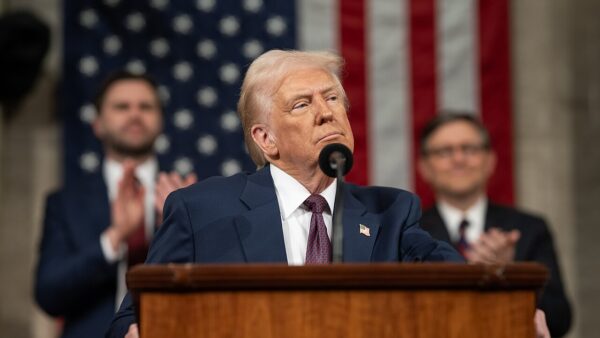UK-headquartered construction consultant Turner & Townsend has submitted a “cautiously optimistic” outlook for the Singaporean construction sector, with recovery led by public sector projects.
It said in its Singapore Market Insight Report that construction activity in 2021 will continue to be driven mainly by the public sector at 65%, up from 62% in 2020.Â
Prospects for construction demand is expected to improve, albeit only marginally. The Building and Construction Authority projects construction demand for 2021 to be between S$23 billion and S$28 billion.
Notwithstanding that construction demand for 2021 is not yet back to pre-COVID levels, the Singapore government expects a sustained recovery in construction demand over the next five years. Some of the notable projects in the pipeline include subsequent phases of major MRT infrastructure projects, new healthcare facilities and new regional centres.
Demand from the private residential segment is anticipated to remain soft this year with a reduction in the number of land parcels put up for sale in the first half of 2021. However, the demand for collective sales could pick up later this year, as developers may start looking to replenish their land banks.
“We anticipate a low demand for new office and retail developments with opportunities for more office re-stacking and consolidation fit-out works, as companies consider more flexible working models to ensure the relevance of office workspace,” Turner & Townsend said.
While construction output is due to rise to the range of S$24bn and S$27bn in 2021, up from S$19.5bn last year, this increase will be largely attributed to the backlog created during the pandemic.
Despite a decline in construction activity, tender pricing for new projects is anticipated to increase between 6-10%, driven by contractors allowing for labour shortages, increases in key construction material costs (reinforcement), availability of contracting resources and the implementation of the Covid-safe management measures.
Given the level of uncertainty in the current market, a much wider range of tender pricing has also been reflected in some project tenders, in some instances more than 10% over and above last year’s price level. It is anticipated that it will take some time for tender prices to stabilise.
“We foresee further industry consolidation and Singapore’s construction supply chain to face continued challenges with upstream and downstream disruptions,” the company said.
It added: “To address a backlog of projects, severe labour shortages and lower productivity, all players across the value chain will need to work together to integrate and digitalise processes, upskill workers and uplift the capabilities of the entire Built Environment sector. The pandemic has reaffirmed the need to accelerate the adoption of Design for Manufacturing and Assembly (DfMA) technologies to help build a more resilient industry and reduce reliance on foreign workers.”
Khoo Sze Boon, Managing Director, Singapore said: “Singapore’s construction industry remains one of the most severely affected sectors hit by the COVID-19 pandemic. As we continue down the path to recovery with vaccination programmes in progress and the number of cases under control, it is imperative that the construction sector rebuilds itself through collaboration and innovation.
“To ensure the sector’s success over the medium to long term, we need to build up the DfMA competencies of all players across the supply chain, drive the development of sustainable design and adoption of innovative technologies and materials, as well as steer research and development on renewable energy.”
Image: Apple’s latest store in Singapore, designed by Foster + Partners, opened in September 2020 (Courtesy of Apple)










